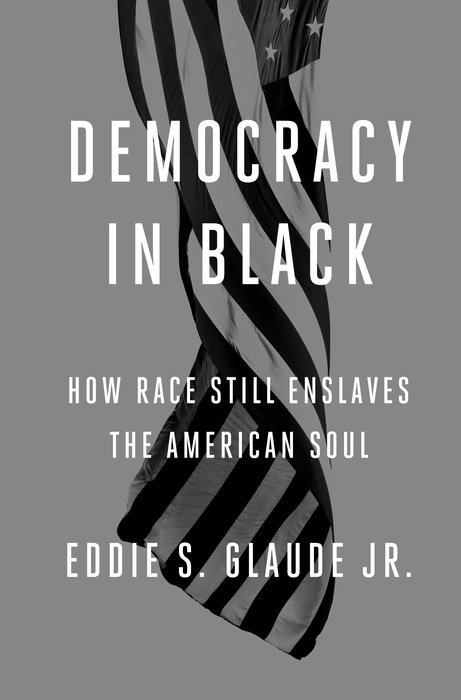Complex look at Frederick Douglass with a lesson for Trump eraPosted in Articles, Biography, Book/Video Reviews, History, Media Archive, United States on 2018-10-15 01:05Z by Steven |
Complex look at Frederick Douglass with a lesson for Trump era
The Boston Globe
2018-10-12
Eddie S. Glaude Jr., James S. McDonnell Distinguished University Professor; William S. Tod Professor of Religion and African-American Studies
Princeton University
 Enrique Moreiro for The Boston Globe |
David W. Blight, Frederick Douglass: Prophet of Freedom (New York: Simon & Schuster, 2018)
David Blight has written the definitive biography of Frederick Douglass. With extraordinary detail he illuminates the complexities of Douglass’s life and career and paints a powerful portrait of one of the most important American voices of the 19th century. One would expect nothing less. Blight, considered a leading authority on the slavery period, has been thinking about Douglass for over 35 years. The Yale historian wrote his dissertation on him. And now with unprecedented access to a trove of material gathered by African-American art collector Walter O. Evans, Blight sheds light on the final 30 years of Douglass’s life in ways we have never seen. The resulting chronicle enriches our understanding of Douglass and the challenges he faced and offers a lesson for our own troubled times.
What surfaces is a powerful and flawed human being. We see him struggling to create himself under the conditions of slavery, waging war against the peculiar institution with words and action, raging against “the infinite manifestations of racism” (what Douglass called our “national faith”), and remaining a loyal partisan of the Republican Party until the day his heart gave out in 1895 at age 77. His is a journey from radical outsider to political insider, a prophet whose fires cooled as he aged, gained famed, and acquired access to the corridors of power.
But we also get a glimpse of the intimate spaces of Douglass’s private life that are haunted by the specter of his slave experience. Blight reminds us that slavery stole from Douglass “all filial affection . . . [H]e never found it easy to love, while always seeking love as much as anything else in life.” Perhaps this gaping absence or, better, need, along with his hatred of slavery and American racism, kept him on the road, even in old age. Douglass maintained a back-breaking speaking schedule. Constantly traveling, he left his family in the hands of his unshakable wife, Anna Murray, an illiterate, free-born woman who grew up on the east bank of the Tuckahoe River in Maryland. It was she who bore the burden of raising their family, managing the household (often under financial duress), and helping to navigate the life of the most famous black man in the world…
Read the entire review here.
